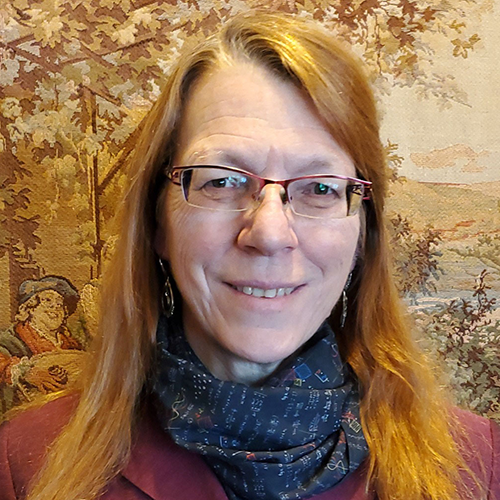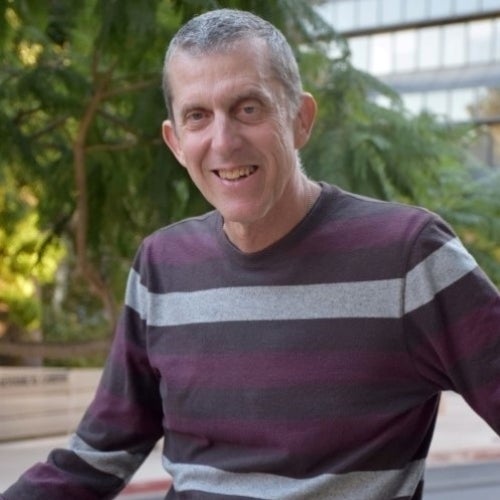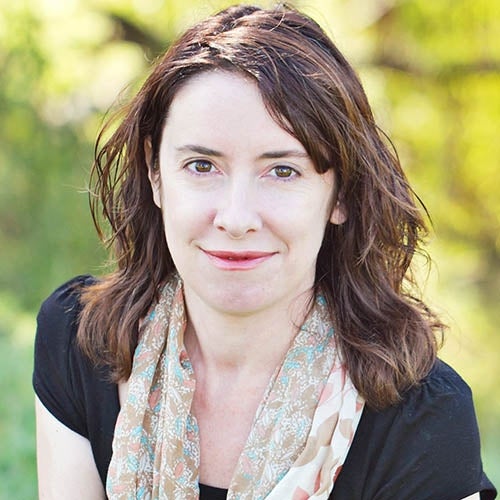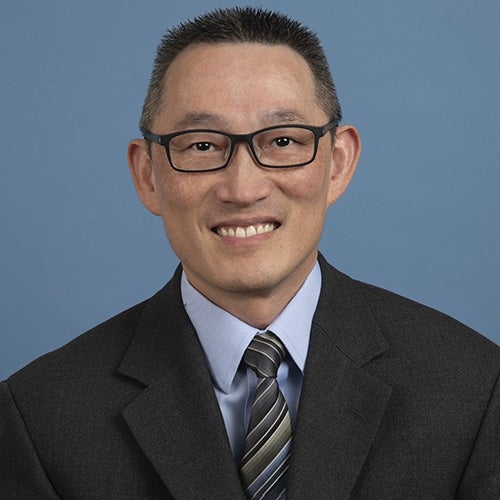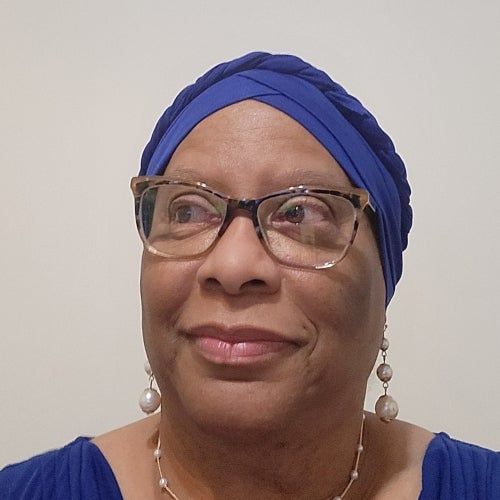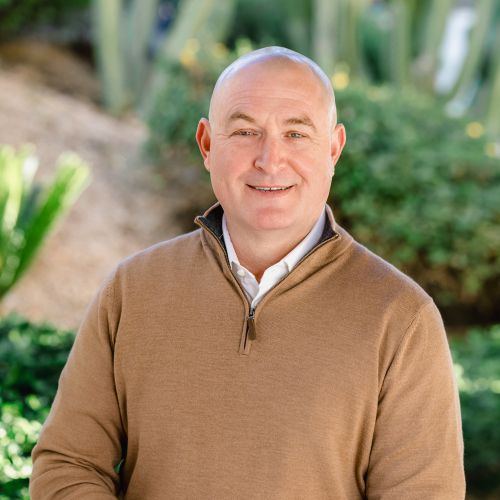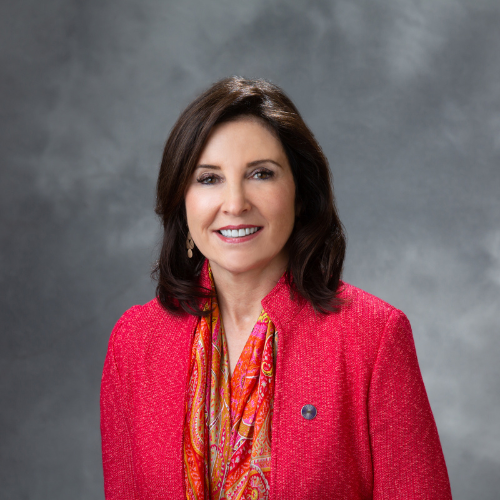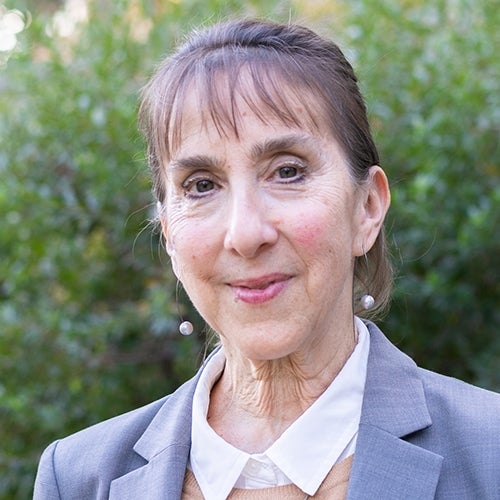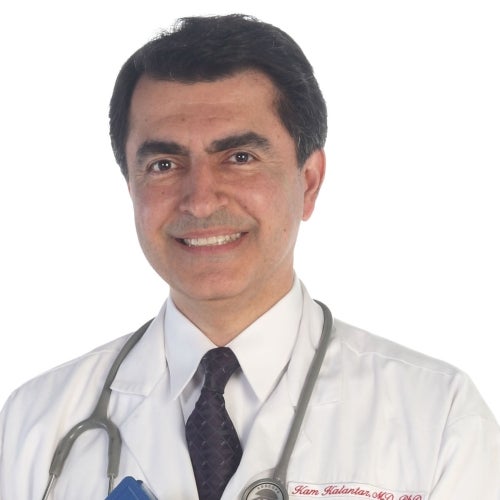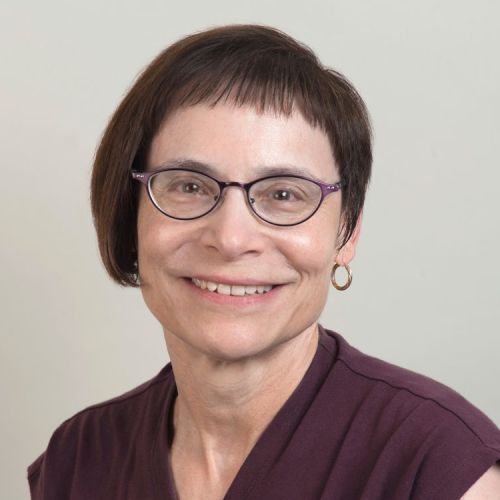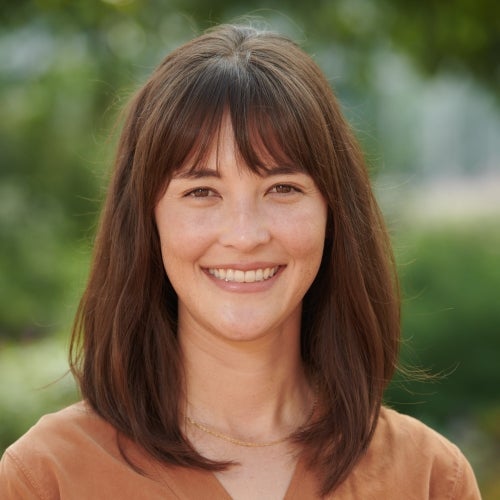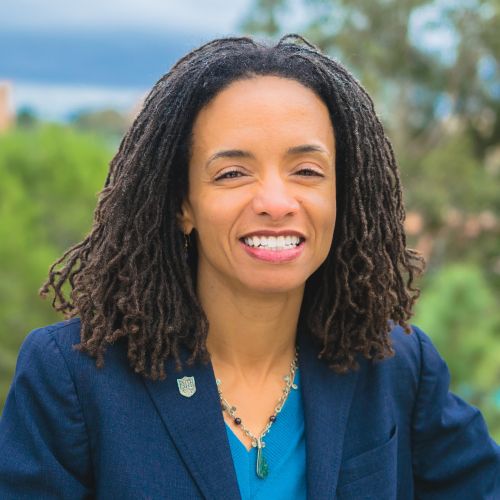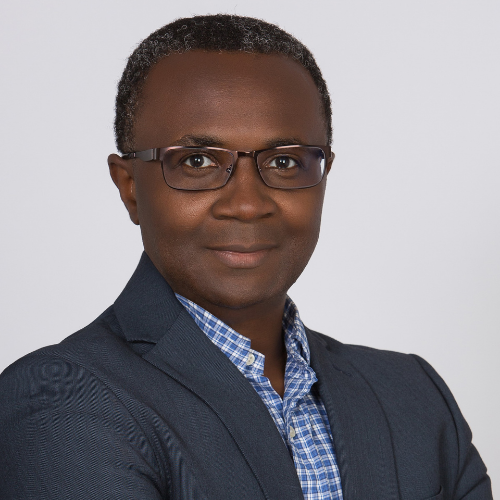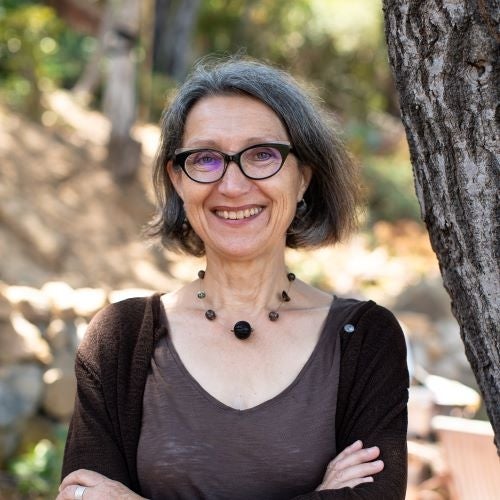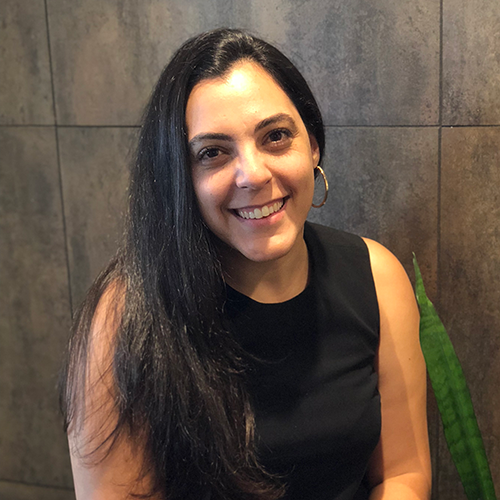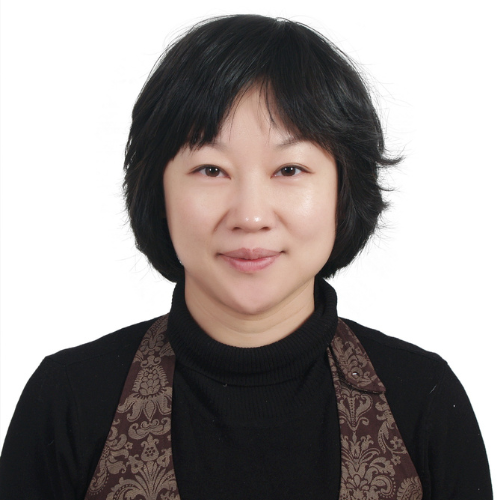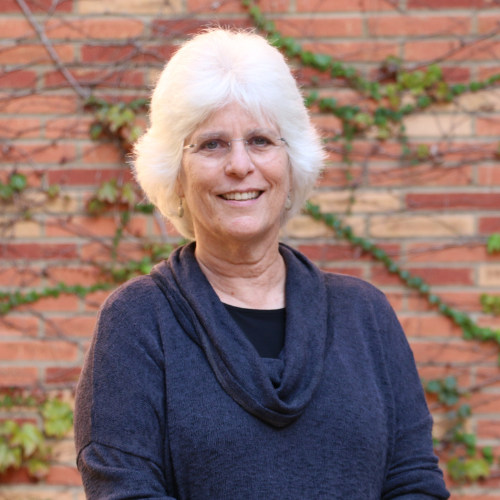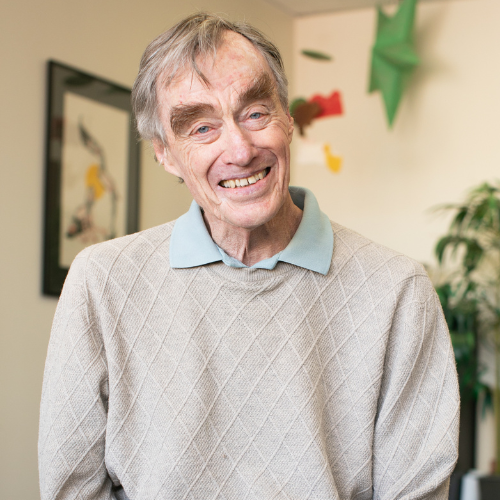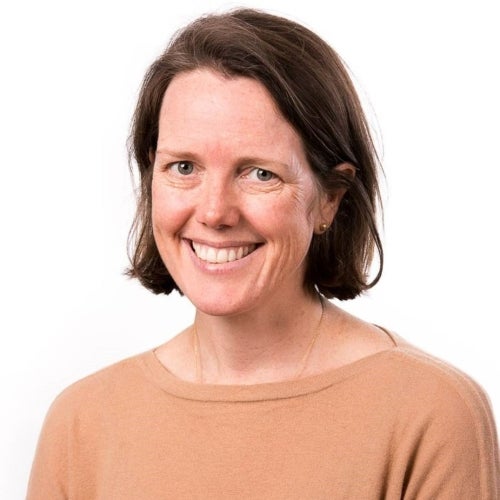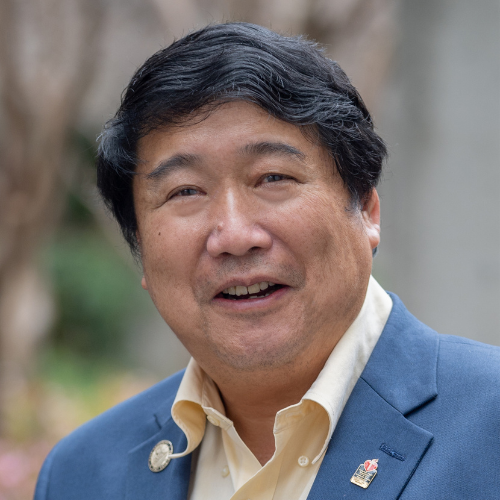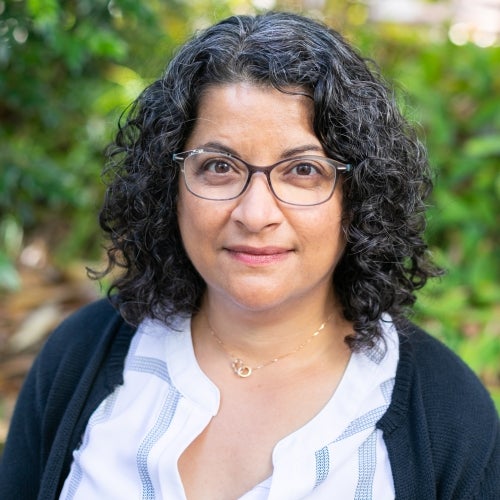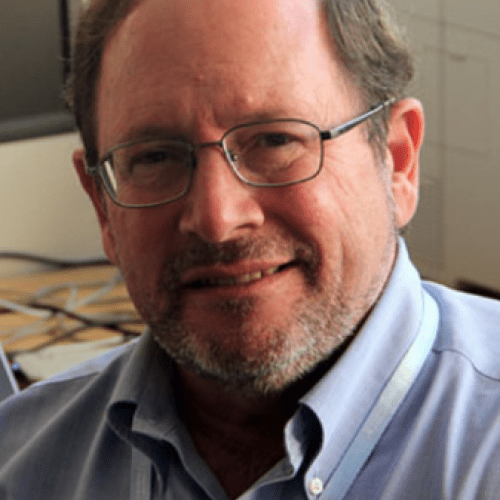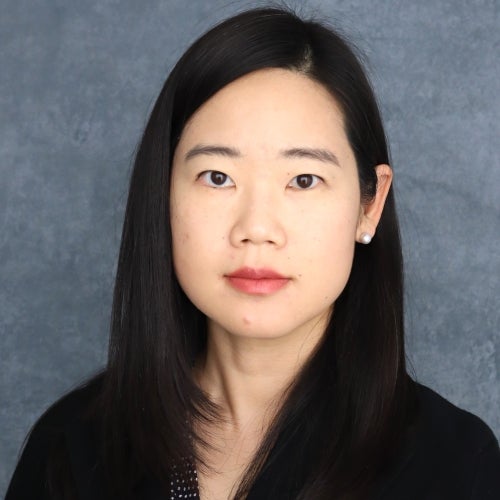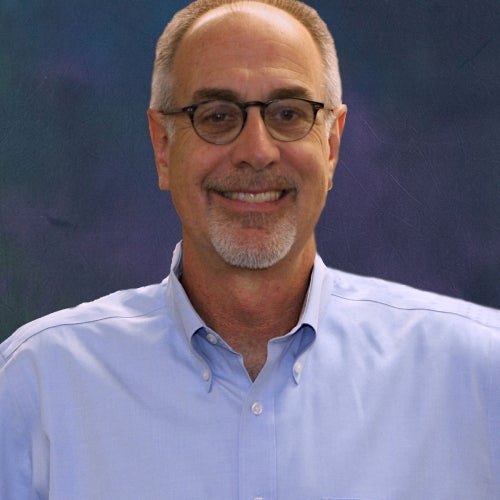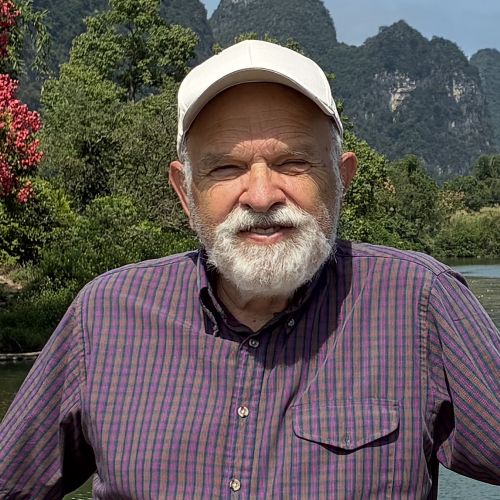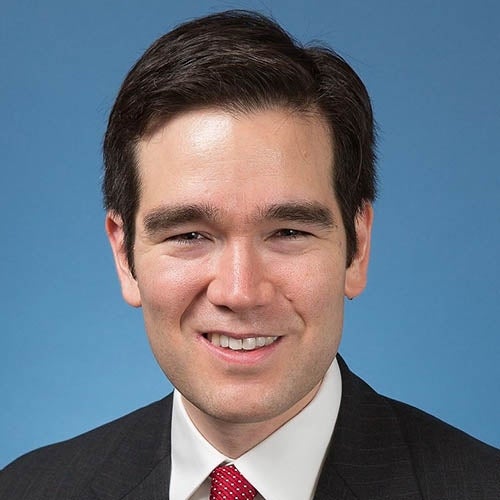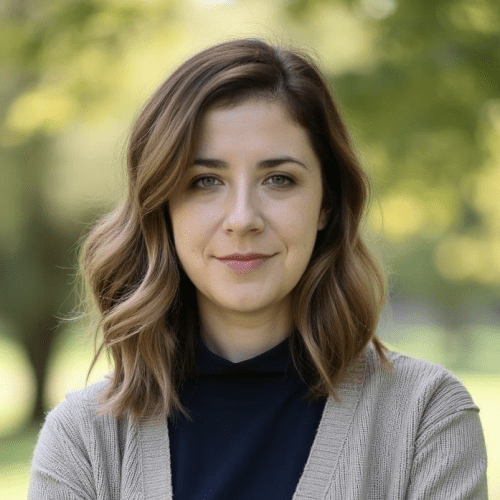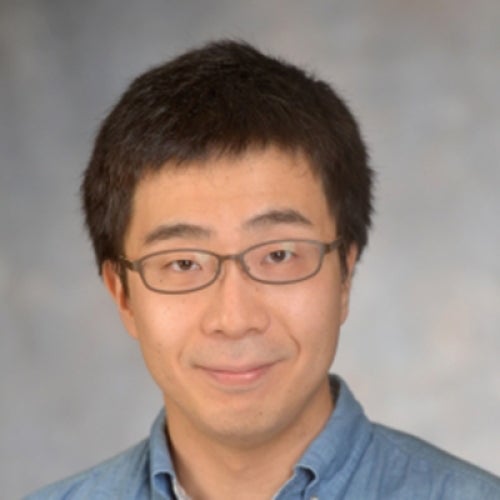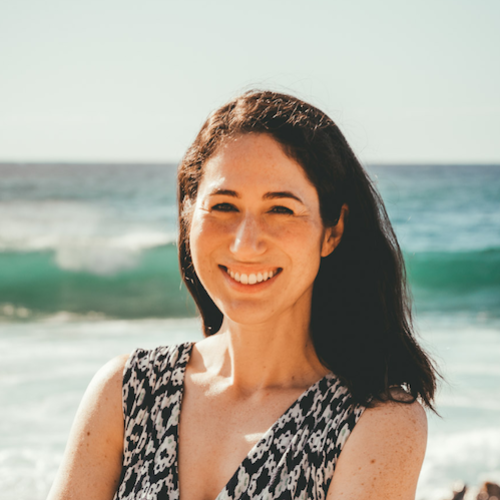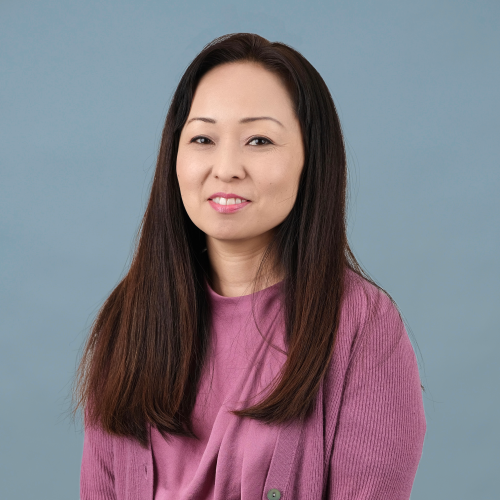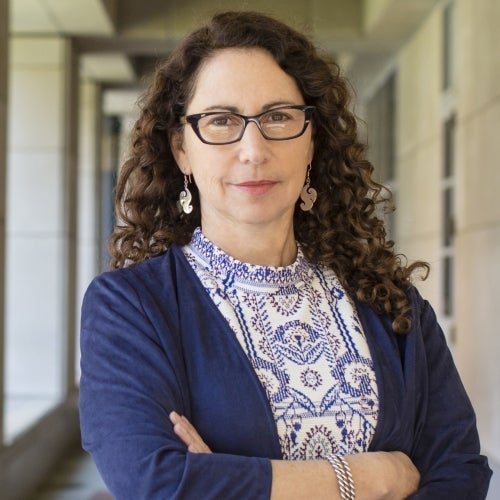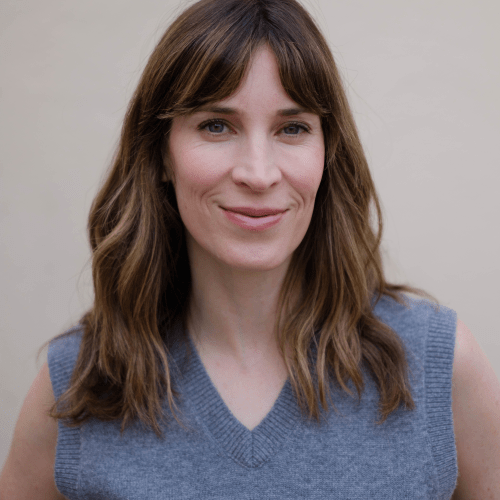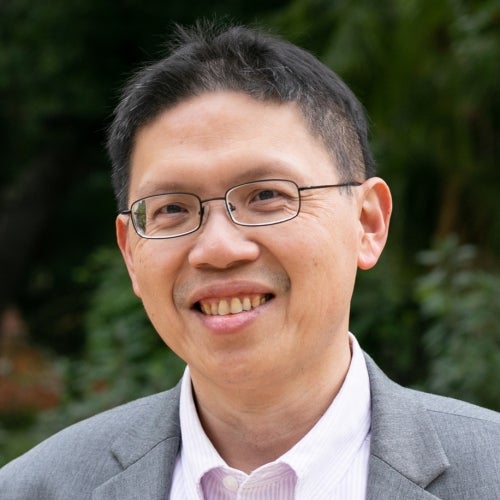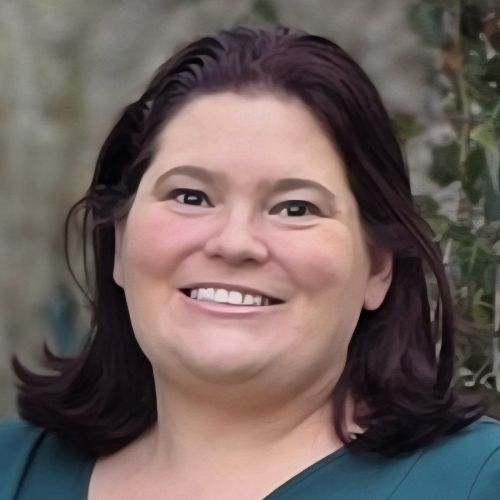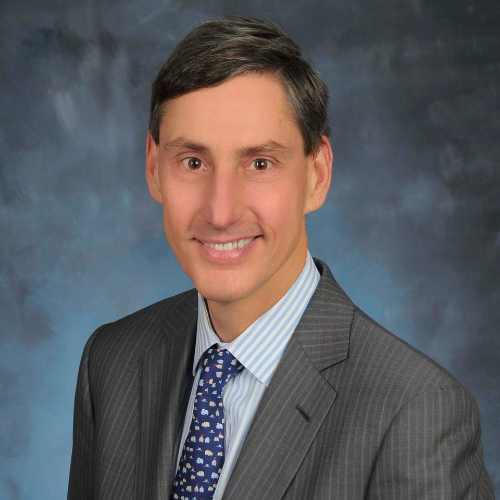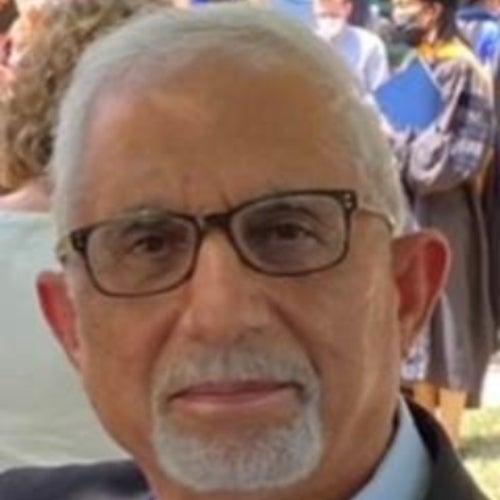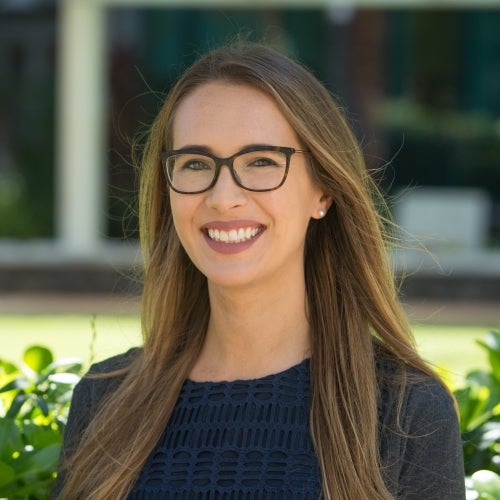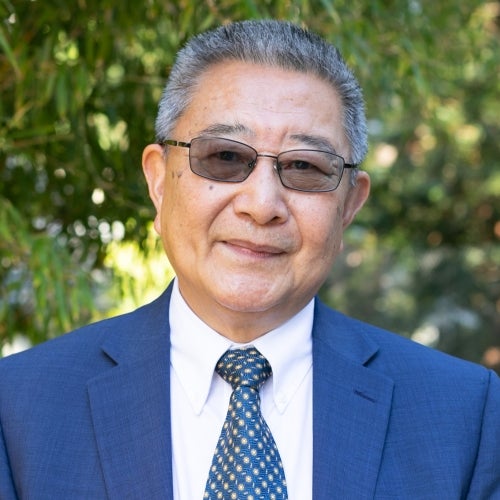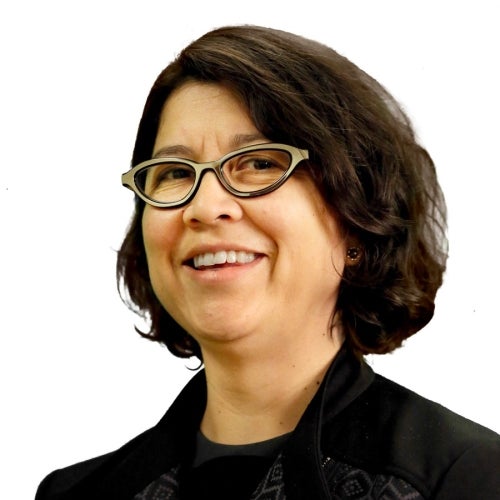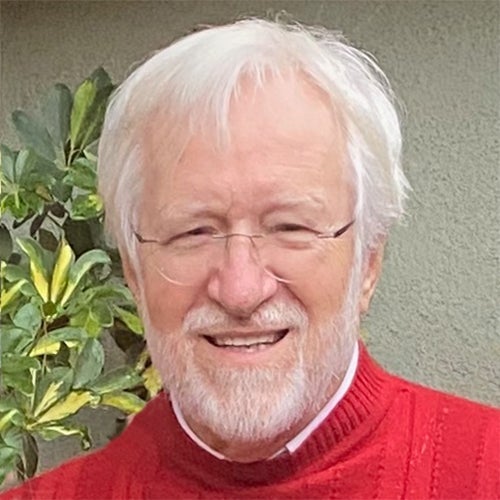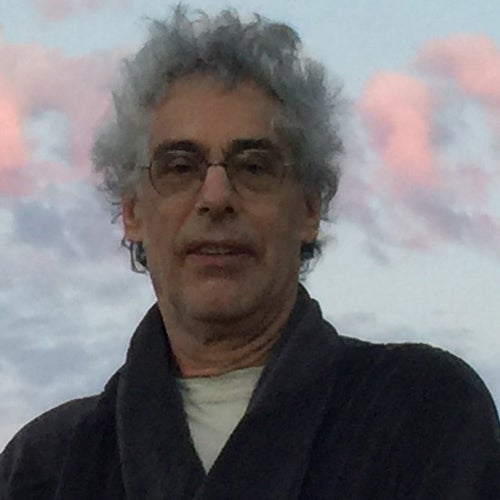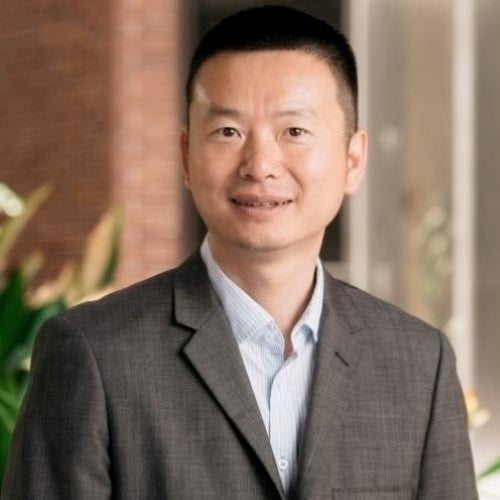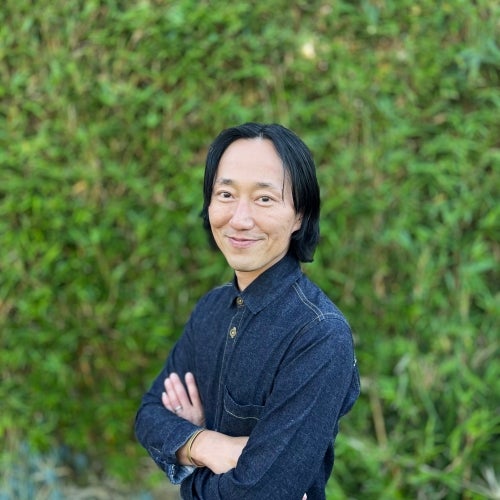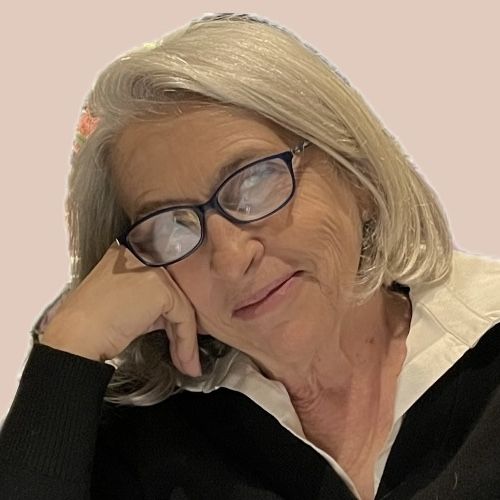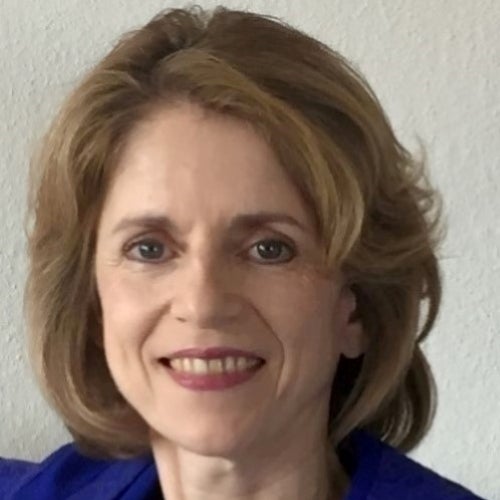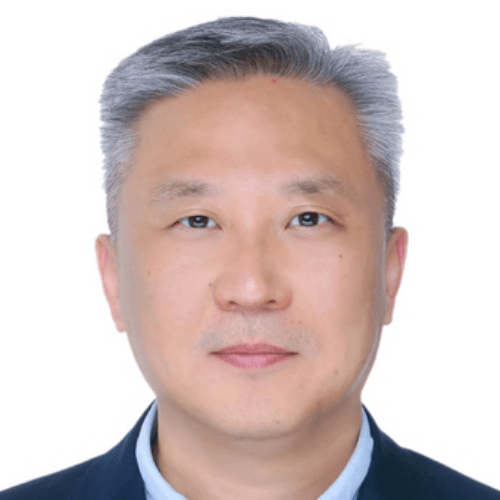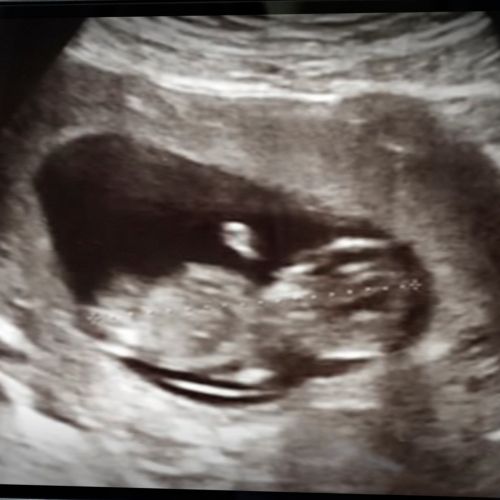People who have had COVID-19 may require only single dose of two-dose vaccines
Research by Dr. Anne Rimoin has found individuals who have already been infected with the coronavirus may only need one dose of the vaccine.
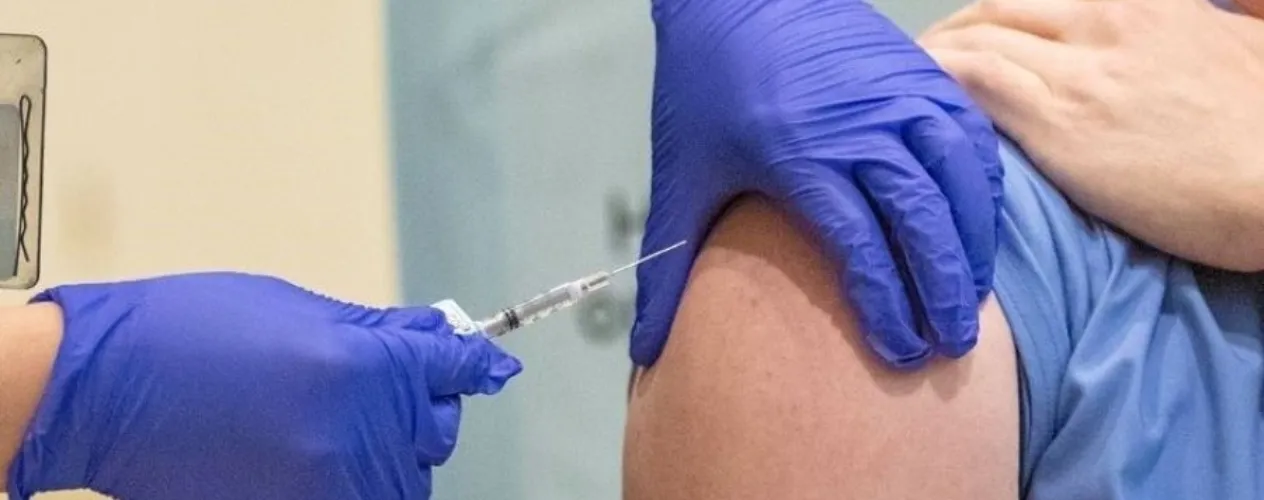
People who have previously been infected with COVID-19 may need only one dose of the two-dose mRNA vaccines to achieve maximum protection against the virus, a new UCLA study suggests. But all vaccinated individuals, whether previously infected or not, will likely require booster shots moving forward because antibodies created through both vaccines and natural infection wane at the same relatively rapid rate, the authors say.
In a study published Jan. 23 in the peer-reviewed journal ACS Nano, the research team, which includes Dr. Anne Rimoin, UCLA Fielding School of Public Health professor of epidemiology, report that a previous COVID-19 infection effectively serves as the first “dose” of a two-dose vaccine, with one shot providing the same amount of protection in previously infected people as two shots would in those who have not been infected.
“Our data suggest that a person who previously had COVID-19 has a huge response after the first mRNA vaccination and has little or no benefit from the second dose,” said senior author Dr. Otto Yang, a professor of infectious diseases and of microbiology, immunology and molecular genetics at the David Geffen School of Medicine at UCLA. “It is worth considering changing public health policy to take this into account, both to maximize vaccine usage and avoid unnecessary side effects.”
The researchers focused on the two-dose Pfizer–BioNTech and Moderna COVID-19 vaccines, both of which use mRNA technology to trigger the immune system to produce antibodies against the SARS-CoV-2 spike protein.
Clinical trials of these vaccines showed that two doses are roughly 95% effective at preventing symptomatic COVID-19 illness for the first few months after vaccination. These trials, however, included only a small percentage of participants who had already recovered from the disease and did not assess how previous infections affected the production of antibodies. In addition, the time course of antibody development in both uninfected and previously infected individuals and how long virus-neutralizing antibodies persist have remained unclear.
To answer those questions, Yang and his colleagues measured the level, quality and persistence of COVID-19 antibodies after one and two doses of the mRNA vaccines in people who had experienced cases of COVID-19 and those who hadn’t.
For the 28 participants who had not had an infection, the first dose of either vaccine triggered antibody levels similar to those seen soon after mild COVID-19 infections; two doses were required to obtain antibodies approaching those observed soon after severe cases.
In contrast, among the 36 participants who had COVID-19 prior to being vaccinated, the first dose produced a vigorous antibody response similar to a severe natural infection, but the second dose provided no additional increase in antibody levels.
The quality of the antibodies produced — their ability to neutralize the SARS-CoV-2 spike protein — was found to be similar in both previously infected and uninfected participants. After the second vaccine dose, antibody levels waned in both groups, comparable to the decrease seen after natural infections, resulting in an average loss of 90% of antibodies within 85 days.
Although Yang noted that more research is needed on the response of the immune system’s T cells — and particularly long-lasting “memory” T cells — to the vaccines, he said the study findings on the sharp drop-off in antibodies in the months after vaccination suggest that booster vaccinations will likely be necessary for everyone to maintain protection against the virus.
The study was funded by the AIDS Healthcare Foundation; private philanthropic donors that included William Moses, Mari Edelman, Beth Friedman, Dana and Matt Walden, Kathleen Poncher, Scott Z. Burns, Gwyneth Paltrow and Brad Falchuk; the UCLA AIDS Institute’s Center for AIDS Research; the James B. Pendleton Trust; and the McCarthy Foundation.
The other co-authors on the study are F. Javier Ibarrondo, Christian Hofmann, Dr. Jennifer Fulcher, Dr. David Goodman-Meza, William Mu, Mary Ann Hausner, Ayub Ali, Arumugam Balamurugan, Ellie Taus, Julie Elliott, Dr. Paul Krogstad, Dr. Nicole Tobin, Kathie Ferbas, Scott Kitchen, and Dr. Grace Aldrovandi — all of UCLA.
by Enrique Rivero
The UCLA Fielding School of Public Health, founded in 1961, is dedicated to enhancing the public's health by conducting innovative research, training future leaders and health professionals from diverse backgrounds, translating research into policy and practice, and serving our local communities and the communities of the nation and the world. The school has 631 students from 26 nations engaged in carrying out the vision of building healthy futures in greater Los Angeles, California, the nation and the world.
Faculty Referenced by this Article
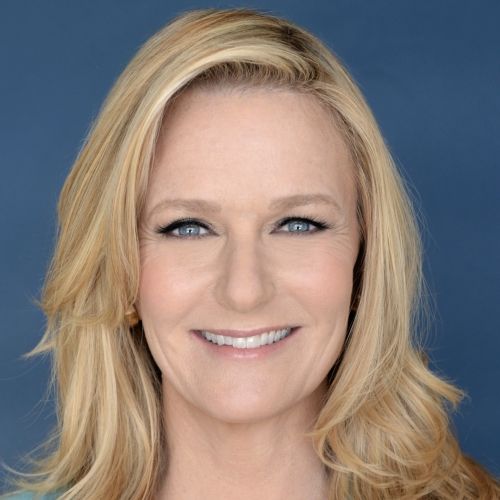
Dr. Anne Rimoin is a Professor of Epidemiology and holds the Gordon–Levin Endowed Chair in Infectious Diseases and Public Health.
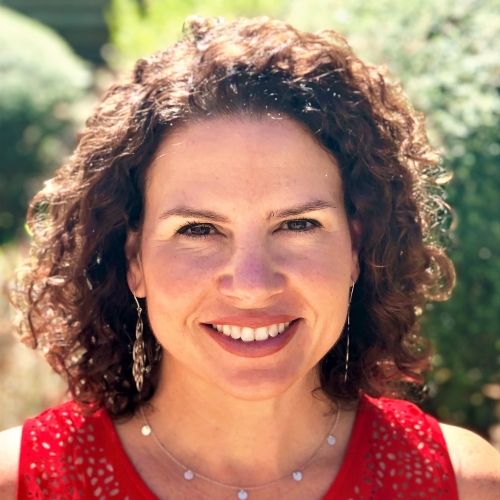
Dr. Joseph Davey is an infectious disease epidemiologist with over 20 years' experience leading research on HIV/STI services for women and children.

Robert J. Kim-Farley, MD, MPH, is a Professor-in-Residence with joint appointments in the Departments of Epidemiology and Community Health Sciences
